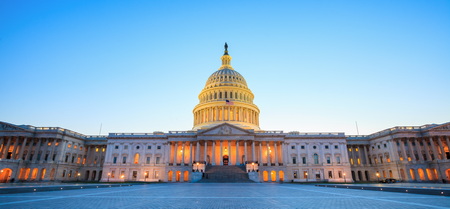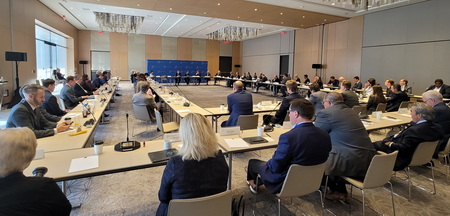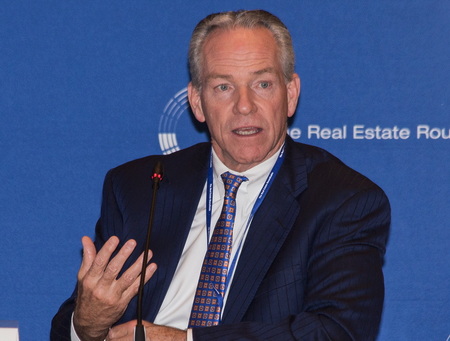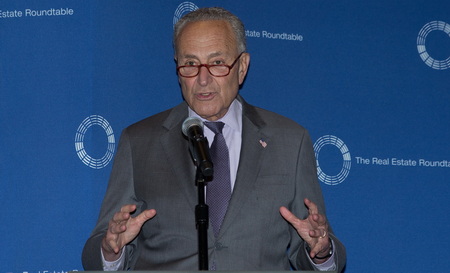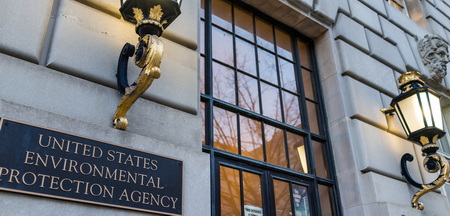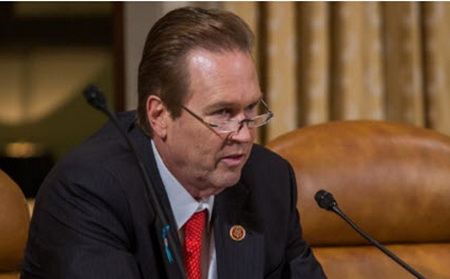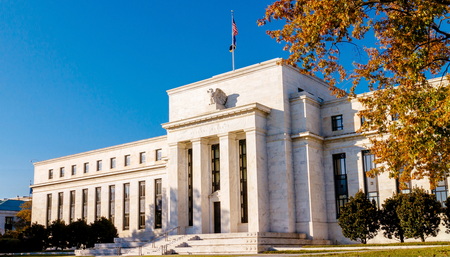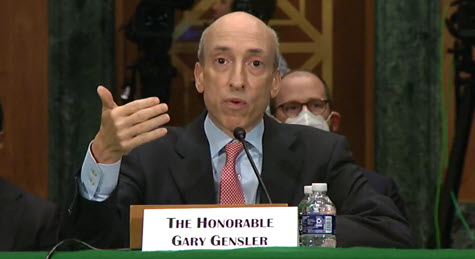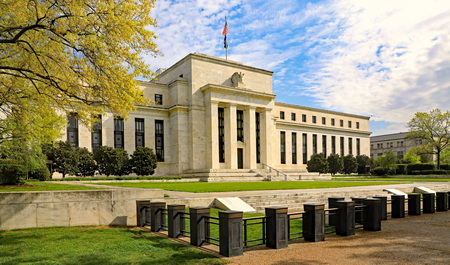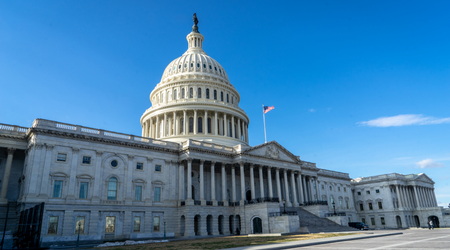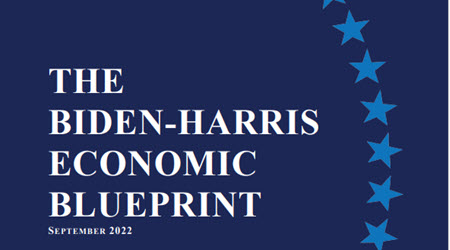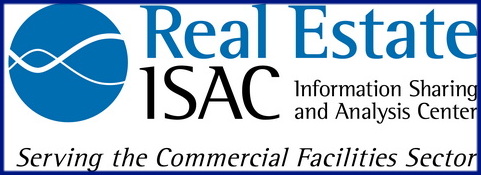
The Treasury Department issued a final rule yesterday that will require millions of companies to report information about their “beneficial owners”—persons who own at least 25% of a company or exert significant authority over it—to the Financial Crimes Enforcement Network (FinCEN). (Final Rule | Fact Sheet | Wall Street Journal and Bloomberg Law, Sept. 29)
Who Reports?
- Treasury Secretary Janet Yellen said, “This rule … will help strengthen our national security by making it more difficult for oligarchs, terrorists, and other global threats to use complex legal structures to launder money, traffic humans and drugs, and commit other crimes that threaten harm to the American people.” (Treasury statement, Sept. 29)
- The rule will require most corporations, limited liability companies, and other entities created in or registered to do business in the United States to disclose beneficial ownership information.
- FinCEN notes that the definition of reporting company applies only to legal entities that have 20 or fewer employees and less than $5 million in gross receipts or sales as reflected in the previous year’s federal tax returns. These entities also must not otherwise benefit from the exemptions described in the regulations.
- Reporting companies created or registered before Jan. 1, 2024, will have one year (until Jan. 1, 2025) to file their initial reports. Those entities created or registered after Jan. 1, 2024, will have 30 days to file their initial reports.
Data Required
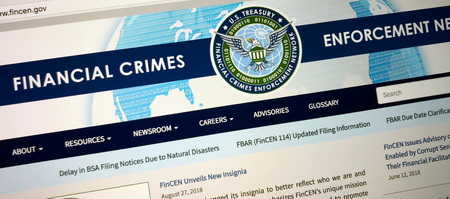
- The required data about individuals who own, control or create firms will include the name, birthdate, address, and a unique identification number from driver’s licenses or passports—as well as images of the documents. (AP, Sept. 29)
- Treasury states the database will be available only to law enforcement and government agencies under the CTA’s beneficial ownership information reporting provisions. (Treasury Department, “Beneficial Ownership Information Reporting”)
Roundtable Concerns

- The Real Estate Roundtable submitted comments with other industry organizations earlier this year about CTA’s anti-money laundering regulations affecting real estate transactions. (Industry comment letter and Roundtable Weekly, Feb. 25 | (Coalition letter to FINCEN, Feb. 4)
- The Roundtable and three other national real estate organizations submitted detailed comments to FinCEN on May 5, 2021 addressing several implementation concerns related to the beneficial ownership registry. (Roundtable Weekly, May 7)
- Separately, a broad business coalition that includes The Real Estate Roundtable submitted comments yesterday to congressional leaders in opposition to the Establishing New Authorities for Business Laundering and Enabling Risks to Security (ENABLERS) Act.
- The ENABLERS Act would dramatically expand CTA reporting requirements and subject the owners, board members, and senior executives of most businesses and charities to audits. (Coalition letter, Sept. 29)
The Roundtable’s Real Estate Capital Policy Advisory Committee (RECPAC) will continue to work with industry partners to address the implications of FinCEN’s 330-page rule and the impact it could have on capital formation and the commercial real estate industry. RECPAC meets on Nov. 2 in New York City.
# # #
